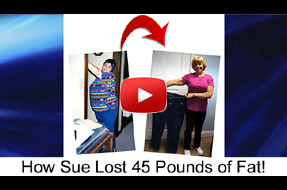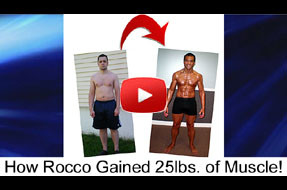Hey there, Cameron here (Top Personal Trainer in CT), here to talk about….
Fats
What do you think when you hear the word fat? Most people think of body fat, and when it come’s to food people try to stay away from it like it’s the plague. Fat’s rep a bad name in the normal lives of individuals, but should we be fearing this one macro-nutrient? Fat’s are in almost every food we consume on a daily basis, but what are the differences between certain fats and why do we need them? Let us dive into this mystery and understand that fats can be our friends!
Monounsaturated
Monounsaturated fats have a single carbon-to-carbon double bond, and its structure allows this kind of fat to remain in a liquid form at room temperature. This type of fat is a “good” fat. Great sources of monounsaturated fats are olive oil, peanut oil, canola oil, avocados, and most nuts, as well as high-oleic safflower and sunflower oils just to name a few. Although there’s no recommended daily intake of monounsaturated fats, the Institute of Medicine recommends using them as much as possible along with polyunsaturated fats to replace saturated and trans fats.
Poly-Unsaturated
Poly-unsaturated fats are considered to be essential fats. That means that poly-unsaturated fats are required for normal body functions but your body can’t make them, therefore you must get them from food. Polyunsaturated fats are used to build cell membranes and the covering of nerves. They are needed for blood clotting, muscle movement, and inflammation. A polyunsaturated fat has two or more double bonds in its carbon chain. There are two main types of polyunsaturated fats: omega-3 fatty acids and omega-6 fatty acids. Eating these fats in place of saturated fats or highly refined carbohydrates, like sugar, can lower your harmful LDL cholesterol. This will improve your cholesterol profile overall.
What does a Top Personal Trainer in CT consider bad fats now.
Trans Fat
Trans fats are what we really should be afraid of as individuals. Trans Fat is a byproduct of a process called hydrogenation that is used to turn healthy oils into solids and to prevent them from becoming rancid. When vegetable oil is heated in the presence of hydrogen and a heavy-metal catalyst such as palladium, hydrogen atoms are added to the carbon chain. This turns oils into solids. It also makes healthy vegetable oils more like not-so-healthy saturated fats. On food label ingredient lists, this manufactured substance is typically listed as “partially hydrogenated oil.” Early in the 20th century, trans fats were found mainly in solid margarine’s and vegetable shortening. As food makers learned new ways to use partially hydrogenated vegetable oils, they began appearing in everything from commercial cookies and pastries to fast-food French fries. Eating foods rich in trans fats increases the amount of harmful LDL cholesterol in the bloodstream and reduces the amount of beneficial HDL cholesterol. Trans fats create inflammation, which is linked to heart disease, stroke, diabetes, and other chronic conditions. They contribute to insulin resistance, which increases the risk of developing type 2 diabetes. Research from the Harvard School of Public Health and elsewhere indicates that trans fats can harm health in even small amounts: for every 2% of calories from trans fat consumed daily, the risk of heart disease rises by 23%. Trans Fats have no known health benefits or safe levels of consumption.
So what does a Top Personal Trainer in CT conclude from this?
So now that we have understanding of certain fats we can all agree that having most of our fats come from mono-unsaturated and polyunsaturated fats. So how can we determine these fats for our diet? Well it all starts with the nutrition label. There is a section of the label that says “Fat” in bolded letters. Under it will give you a breakdown of which fats that item consists of. What if certain food’s do not have labels? Using a search engine to look for the nutrition of any food can definitely help!
So now that we have dived into the fat mystery we shouldn’t be afraid of certain fats now. As long as you stay away from Trans Fat, and keep saturated fats lower than your monounsaturated fats, you should be in good shape!
Cameron is a leading success coach and personal trainer at Horizon Personal Training in CT. Cameron is a NASM Certified Personal Trainer and keeps up to date on the latest fitness trends to ensure success within one’s self! To learn more about Cameron please go to www.horizonpersonaltraining.com.






